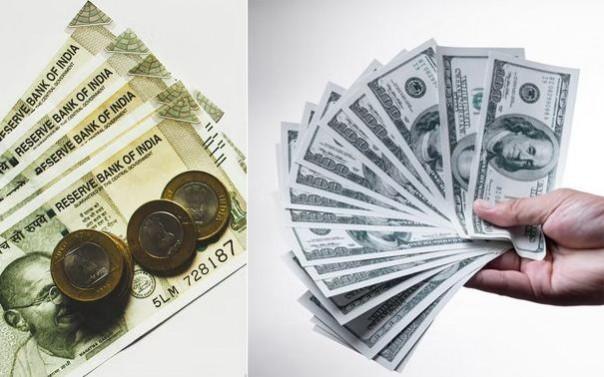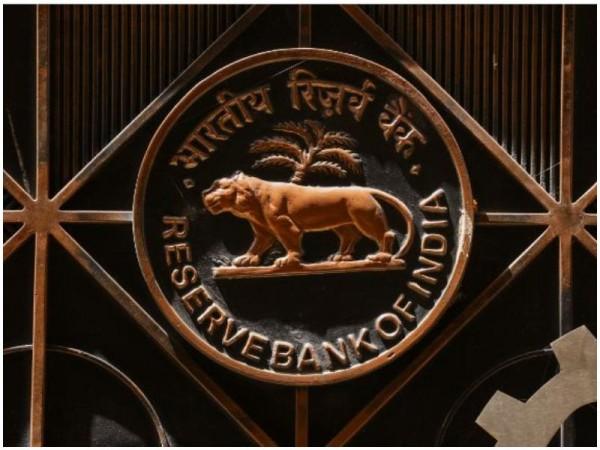
The Indian rupee's performance was relatively stable on Tuesday despite ongoing concerns that have been impacting the currency. Traders noted that potential interventions by the central bank in both the local spot and non-deliverable forward market helped alleviate some of the pressure.
The rupee has been under strain due to the lack of significant progress in trade talks between the United States and India, especially following the imposition of high tariffs in late August. Furthermore, there has been sustained demand for dollars from importers., Closing at 88.2650 against the U.S. dollar, the rupee remained almost unchanged from its previous session close at 88.2450, even though it had briefly dipped to a two-week low of 88.40 earlier in the day.
According to five traders, the Reserve Bank of India stepped in to provide support for the rupee, with two traders specifically highlighting the central bank's involvement in both the spot and NDF markets., A trader at a private bank observed that the central bank's presence in the NDF market seemed considerable, although they anticipated continued upward pressure on the USD/INR exchange rate.

Aside from the demand for dollars from local companies, the maturity of NDF positions is expected to create further challenges for the rupee in the short term, as per the same trader.
The Nifty 50, India's key stock index, ended the day with a minor decline of 0.1%, tracking losses in other markets across the region.
While the dollar index held steady on Tuesday, the onshore Chinese yuan closed its domestic trading activities at the strongest level since November 2024.
Market participants are closely monitoring U.S. President Donald Trump's visit to Asia for any signals regarding progress in the trade discussions with China. Trump is scheduled to meet Chinese President Xi Jinping in South Korea on Thursday.
Analysts at ING expressed optimism that Trump and Xi could reach a significant trade agreement, emphasizing the importance of China's stance on rare earth exports in the overall negotiations.

















